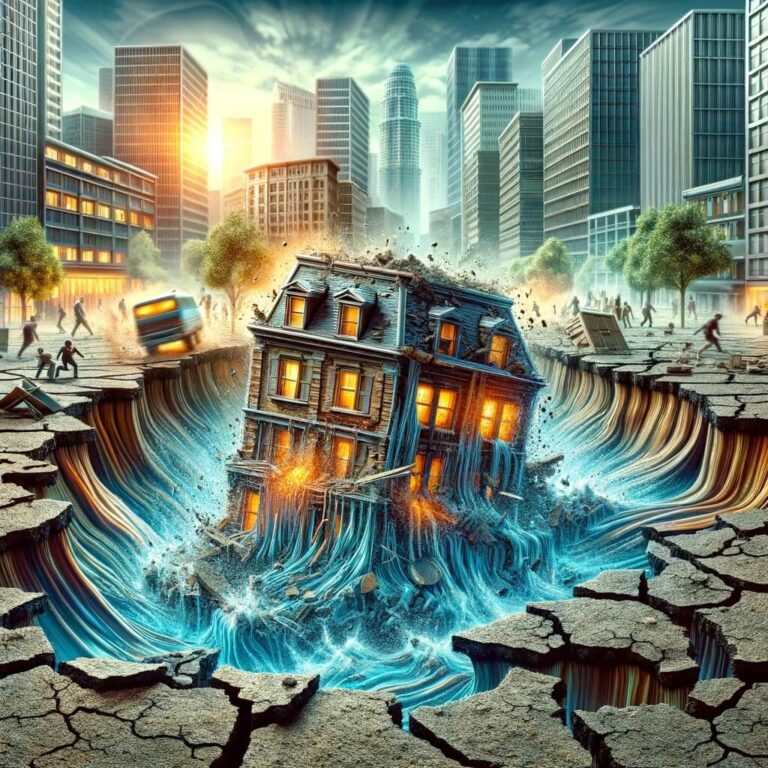Liquefaction is the term used to describe the change in soil to a liquid-like state. This change can occur during events like earthquakes because the term describes the vibrations and tremors that occur in the Earth. The breaking and cracking of rocks seismic events in turn allows for water to saturate the soil. Liquefaction can lead to ground instability, surface rupture, and damage to buildings and infrastructure.
Origin of the term and application
The term liquefaction comes from French “liquéfaction” meaning the “act or process of becoming liquid.” This term is used by geologists, earthquake engineers, and urban planners working in regions prone to seismic activity such as earthquakes. These professionals need to consider the impact on soil before building infrastructure for communities is permitted.





